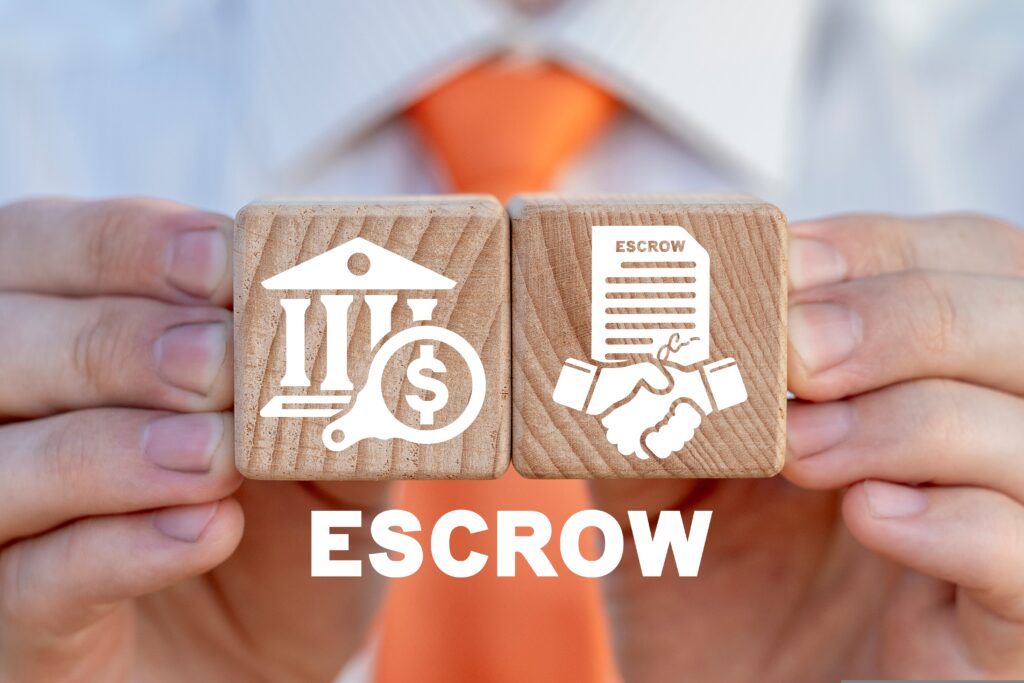When it comes to buying or selling a home, there are many terms and processes that can feel overwhelming—especially for first-time buyers. One of the most important (yet often misunderstood) components of a real estate transaction is escrow. It’s a term you’ll hear frequently from your real estate agent, lender, and title company. But what exactly is escrow, and why is it so crucial to the homebuying process?
Let’s break it down in simple terms and explore why escrow matters for both buyers and sellers.
Understanding Escrow: The Basics
At its core, escrow is a neutral third-party process that holds money, documents, or assets on behalf of the buyer and seller until certain agreed-upon conditions are met. It acts as a safety net, ensuring that no funds or property change hands until all parts of the deal have been fulfilled by both parties.
Think of escrow as a financial middleman. Neither the buyer nor the seller has direct access to the funds or deed until everything is in order. This setup protects everyone involved and provides a level of accountability and transparency during the transaction.
When Does Escrow Happen in a Real Estate Deal?
The escrow process typically begins once a purchase agreement is signed and continues until the closing date. At this point, a buyer will usually deposit earnest money a good faith deposit into an escrow account. This shows the seller that the buyer is serious about the purchase.
From there, the escrow agent (or escrow officer) oversees the entire process. They make sure all required steps are taken before money and ownership officially transfer. These steps may include finalizing the mortgage loan, conducting a home inspection, ordering a title search, securing homeowner’s insurance, and satisfying any contingencies.
Once all terms of the contract are met, the escrow officer distributes the funds to the seller and transfers the deed to the buyer. The escrow account then closes, and the home officially changes ownership.
Why Escrow Matters to Buyers
For buyers, escrow offers several key protections. It ensures that their earnest money and down payment are safe and only released once the seller delivers on their obligations such as completing necessary repairs or providing a clear title.
Escrow also gives buyers peace of mind that any funds are securely held in a regulated trust account, not in the seller’s hands. If something goes wrong during the process like a failed inspection or financing issues—the terms of the escrow agreement will dictate how the funds are handled.
Why Escrow Matters to Sellers
Sellers benefit from escrow as well. It provides assurance that the buyer is financially committed and not likely to back out without consequence. The earnest money deposit serves as a signal of serious intent and may be forfeited if the buyer breaches the contract terms.
Escrow also ensures the seller won’t have to hand over the keys or deed until they receive full payment. The neutral third party guarantees that all conditions are met before finalizing the transfer, reducing the risk of fraud or disputes.
Beyond Closing: Escrow Accounts for Taxes and Insurance
In addition to the real estate transaction itself, many mortgage lenders require buyers to maintain an escrow account even after the home purchase is complete. This ongoing account is used to collect and pay property taxes and homeowner’s insurance premiums. Instead of paying these large expenses all at once, homeowners contribute monthly with their mortgage payment.
This helps prevent missed payments and ensures that taxes and insurance are always paid on time protecting both the homeowner and the lender.
Escrow might sound complicated, but it plays a vital role in keeping real estate transactions secure, transparent, and fair. By serving as a neutral holding space for money and documents, escrow builds trust between buyers and sellers and ensures that all parts of the deal are honored.
Whether you’re buying your first home or selling a property, understanding how escrow works will help you feel more confident, protected, and informed every step of the way.




